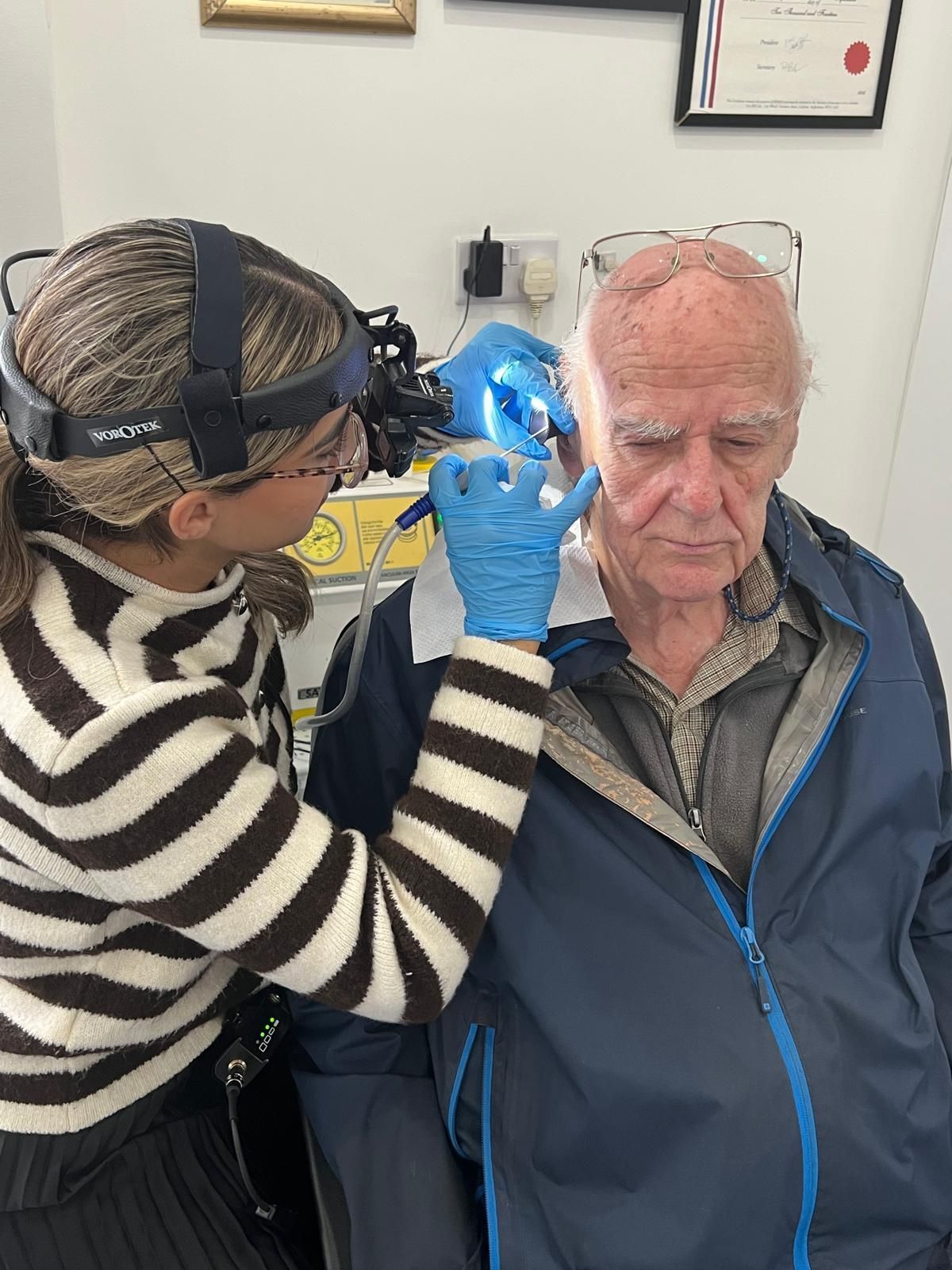Hearing and Outdoor Activities
There’s no reason you shouldn’t live a full, rich life merely because you have hearing loss. Yet, many individuals feel dissatisfied with their outdoor quality of life post-diagnosis. To reboot your outdoor activities, we first suggest getting hearing aids or other treatment for your specific diagnosis.
Select Durable and Efficient Devices
When selecting your hearing aid, make sure to ask about the durability of the device. While the latest bells and whistles may suit some, you may be looking for something more rugged for your outdoor quests. Or maybe your outdoor events involve concerts and large gatherings; here, you may want something that does not filter out background noise.
Be specific in your outdoor activities when speaking to your audiologist about your hearing aid device choices.
Ask your audiologist questions like:
● Can my chosen device withstand dirt, moisture, or physical damage?
● Can I clean and maintain the device easily during and after my outdoor activity?
● How much are replacements should my outdoor activity damage my hearing aids?
● Which accessories should I purchase to ensure the longevity of my hearing aid?
Obtain Accessories For Your Outdoor Adventure
Use During an Activity
As you gear up for your outdoor activity, purchase additional accessories to care for your hearing aids, such as specialised clips. These clips attach your hearing aids to your clothing to prevent loss if they fall out while you are in motion. Most modern hearing aids fit so neatly on or in your ears though, there is no need for them.
Post Activity Care
After your outdoor activity, you need to care for your hearing aids. Purchase accessories such as a hearing aid dryer or dehumidifier. These accessories ensure all moisture is out of your device; you simply place your hearing aids inside the accessory while you sleep for complete care.
Might We Suggest In-The-Ear (ITE) Hearing Aids
Lovers of the great outdoors or those who like to relax quietly on the golf course have options in choosing an appropriate hearing aid for their preferred outdoor activities.
ITE (in-the-ear) hearing aids are designed to minimise the sound of the wind and other background noise and keep the outdoors completely serene. Your outer ear typically protects the ITE preventing external damage or falling out. Individuals with mild to moderate hearing loss will find ITE hearing aids particularly effective for outdoor activities.
Undoubtedly, you don’t have to restrict yourself to only indoor activities if you have hearing loss. Instead, take full advantage of a variety of devices fit for outdoor activities.
We have all options available to enhance your hearing and change your life, contact us today!



